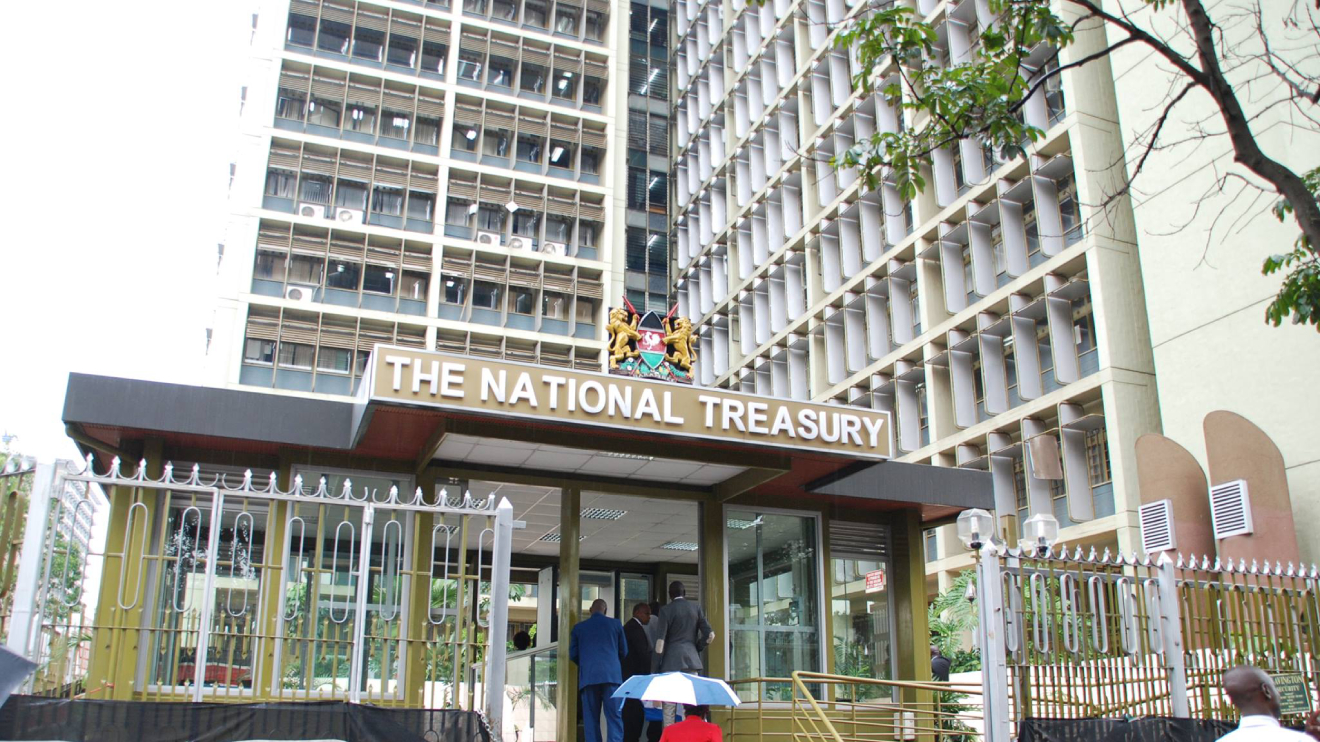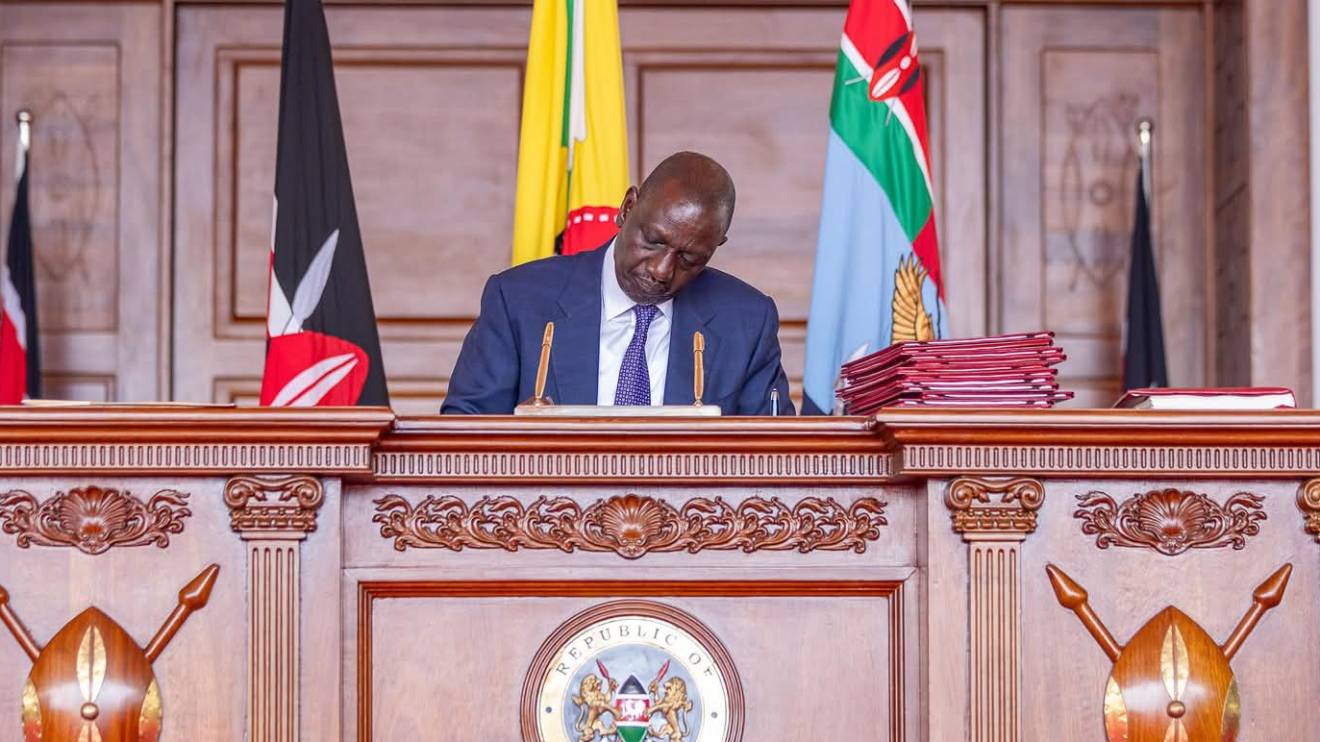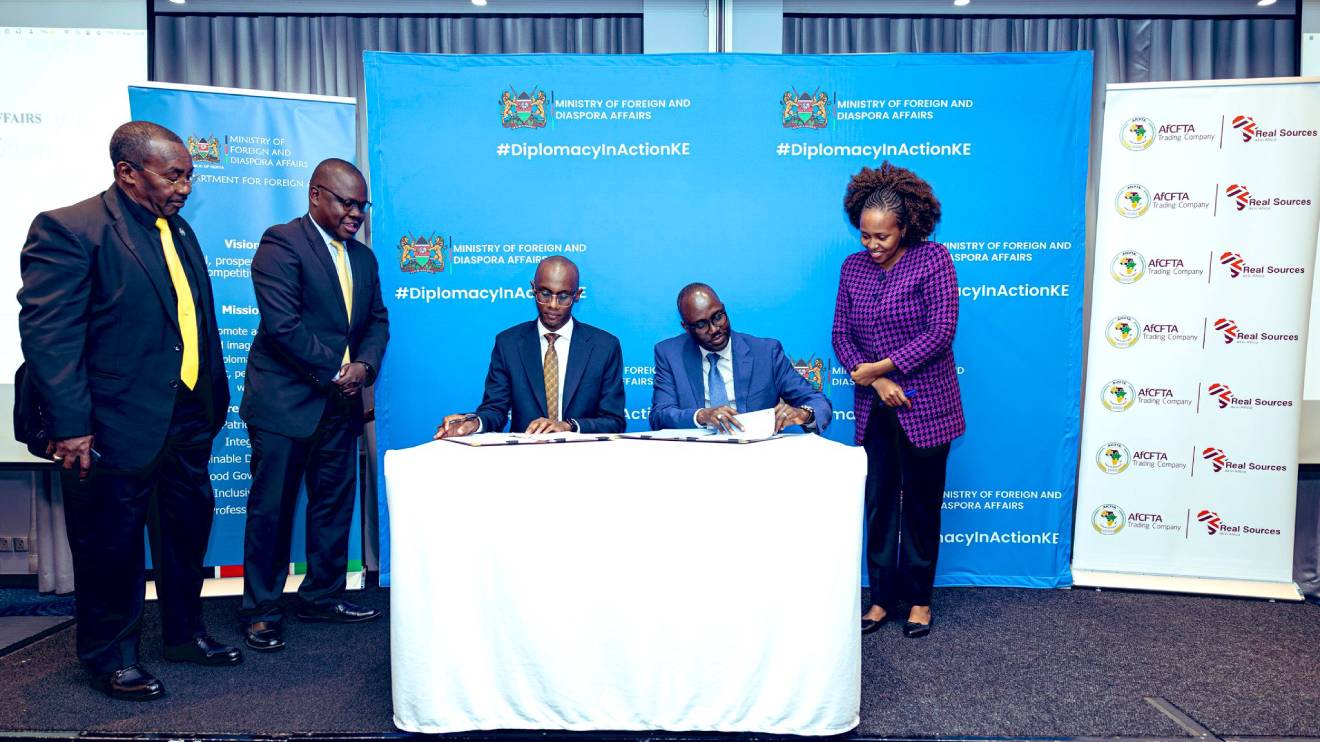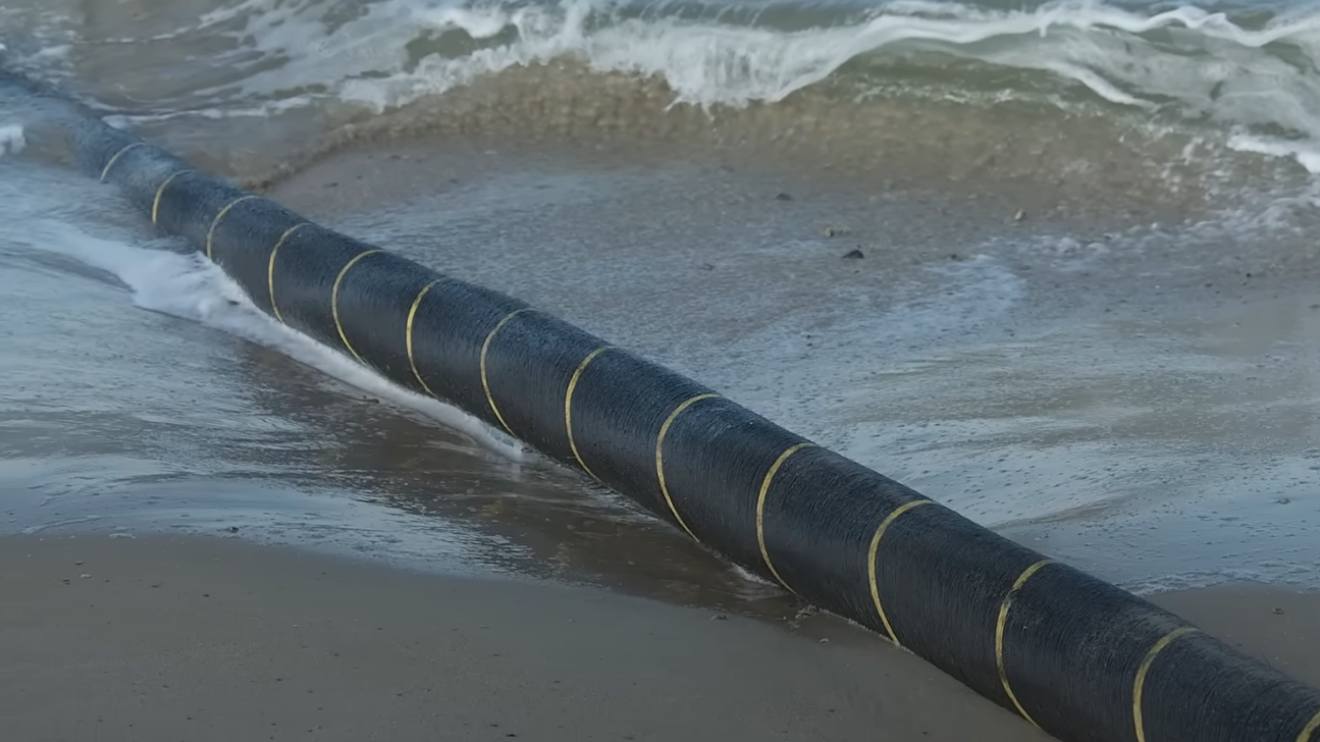Due to the National Treasury's four consecutive months of delayed disbursement of funds, operations have been hampered in most counties.
In his testimony on Thursday before the Senate Budget and Appropriations Committee, Kakamega Governor Fernandes Barasa said that the Treasury owes county governments approximately Sh96 billion in arrears that had accumulated since January of this year.
Barasa who also chairs the Finance and Economic Affairs Committee at the Council of Governors (CoG), revealed that counties are yet to receive funds for 3 months.
“So far we have not received monies for January, February and March amounting to almost Sh96 billion...the worst comes with county assemblies where they expect that when you receive monies for December, you pay them unto March,” Barasa said.
The governors have expressed concern over the dire situation, as county staff salaries may be delayed, potentially leading to strikes.
Read More
Amos Nyaribo, the Nyamira Governor, expressed his concern about a pressing issue.
“It’s a big problem because January I had to borrow, for February I had to recycle again to pay the loan and borrow,” Nyaribo said.
Migori County Governor Ochilo Ayacko said they rendered services for which they had never been paid for.
“We rendered services in December for which we had not been given money, January February and March,” Ayacko said.
Kisii Governor SImba Arati expressed concern about the possibility of a lack of funds in the future, stating the inability to pay salaries could lead to employee strikes or resignations.
“Possibly, if there is no money three-four months down the line, what do you expect? You have no money you can’t pay salaries, people will down their tools and walk home,” Arati said.
The financial crisis affecting all counties continues to worsen, with the devolved units now entering their fourth month without receiving their monthly disbursement from the exchequer.
This marks the longest period that devolved units have gone without receiving cash from the National Treasury, adversely affecting critical services and the payment of salaries.




-1756319289.jpg)






